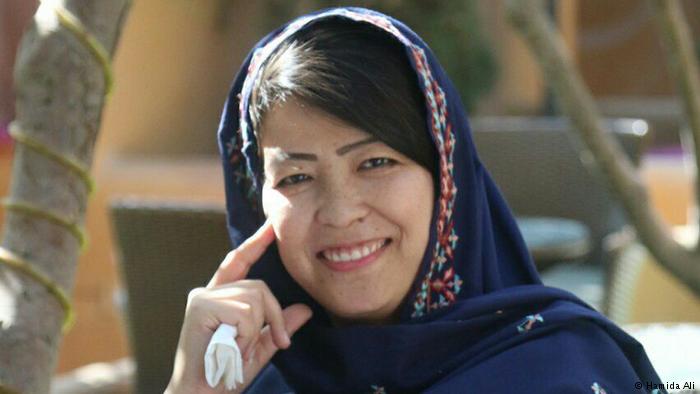Are we our own worst enemy? You judge
 “Feminism is about giving women choice. Feminism is not a stick with which to beat other women with. It’s about freedom, it’s about liberation, it’s about equality. I really don’t know what my tits have to do with it. It’s very confusing.”
“Feminism is about giving women choice. Feminism is not a stick with which to beat other women with. It’s about freedom, it’s about liberation, it’s about equality. I really don’t know what my tits have to do with it. It’s very confusing.”
A flabbergasted Emma Watson said this last week when she became the target of feminist ire for posing in a revealing picture in a Vanity Fair spread, in which parts of her breasts were exposed.
The actress and spokesperson of the HeForShe campaign, a UN campaign that aims to encourage men and boys to engage in women’s advancement movements, was discussing this recent backlash with Reuters, while promoting her latest film, Beauty and the Beast.
The timing of this brouhaha is uncanny, coming shortly before we celebrate the sisterhood this week on March 8. To me, it begs the question, “Can women be their own worst enemies?”
Before tackling this old chestnut, I must underscore the unassailable fact the feminism in its broadest definition has and continues to improve the lot of women worldwide.
The mere fact that I can write and articulate my opinions is proof that I’ve been allowed to study, be employed, own a bank account and pay taxes like the next person. If it weren’t for feminism, I can’t tell if I’d be leading my life as I’ve always known it. And feminism continues to highlight and shape discourses on fundamental women’s issues like voting rights, sexual crimes, domestic violence, equality at the workplace, even war crimes.
Yet in certain circumstances it almost seems as if our collective fight has not evolved beyond sophomoric instincts: the “us versus them” syndrome. If you ask me, the relative notoriety or anonymity (depending on how individuals choose to harness it) afforded by social media has also unleashed a fair bit of cattiness couched as critique.
At least, that’s how I perceive the Watson episode. She was castigated for exercising the very freedom that her critics apparently stand for: the freedom to choose. It’s as if there are a prescribed set of choices that can either make you a “true” feminist – or not.
During the Women’s March on Washington, sporadic discussions arose between Pro-Choicers and Pro-Lifers about the latter group being part of the march. The way I saw it, the keyword in this context was “women’s” march, regardless of your stand on reproductive health issues.
It is said that reality is a matter of perspective, and feminism and the sisterhood can mean different things to different women living in different contexts. But it is when we refuse to acknowledge those differences and instead impose a prescribed value system on fellow women, that we do ourselves the biggest disservice.
Depending on where we come from, I’m pretty certain that at some point or other some of us would have fielded remarks or questions from fellow women about our skin color, our hair, our weight, our marital status, our decision to or not to have children, our choice to breastfeed or bottle-feed, our devotion to our family, our ambition at the workplace, our faith, our choice of clothes, perhaps even our unwillingness to identify ourselves as “feminists”.
These are all choices – and depending on your exposure and education and what you’ve internalized during your formative years, it forms your set of values which doesn’t necessarily make your views entirely right or wrong.
Only through listening and empathizing and not judging, can the sisterhood thrive and continue to make beneficial inroads relative to our varied circumstances.
So, can women be their own worst enemies? The jury is still out on that, but unfortunately in some cases, the judging continues.
Author: Brenda Haas
Editor: Marjory Linardy






